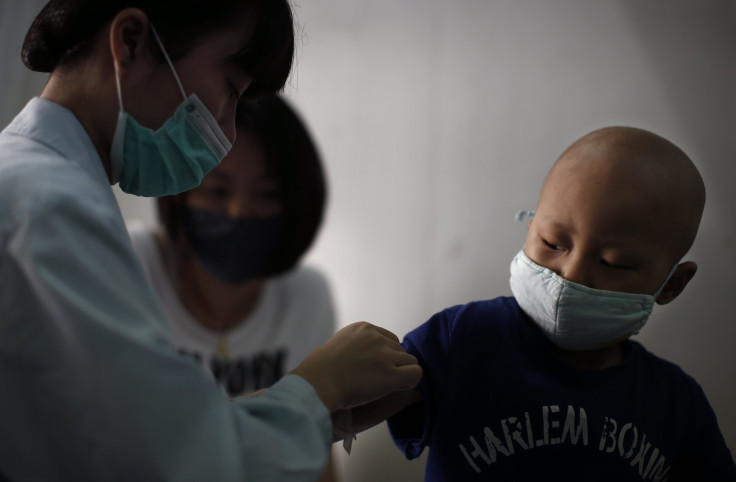Cancer Relapse Risk Reduced By Combining Chemotherapy And Immunotherapy: Study

A combination of chemotherapy and immunotherapy can help in eliminating the recurrence of cancer cells, a new study shows. Researchers from the Virginia Commonwealth University (VCU) School of Medicine in Richmond found that immunotherapy destroys the dormant tumor growth that can survive chemotherapy.
The study published Thursday in the September issue of Journal of Leukocyte Biology found that two types of cancer cells can survive chemotherapy and are resistant to additional chemotherapy. However, majority of these dormant cells were destroyed in immunotherapy.
“Immunotherapy is all about timing,” Masoud H. Manjili, co-author of the study from VCU School of Medicine’s Department of Microbiology and Immunology, said in a statement. “The best way to apply immunotherapy as cancer prevention is during tumor dormancy to prevent advanced stage disease.”
Researchers treated breast cancer cells with a common chemotherapeutic agent that killed most of the cancer cells. They found that some tumor cells survived and became dormant. The researchers measured the presence of a molecule that is associated with cell division to determine the kind of cells making up the residual tumor cells.
They found that the residual population consisted of quiescent cancer cells, which are cancer cells that are in their resting phase and will start growing when the environment becomes more favorable. The residual population also contained indolent cancer cells, which are those cells that progress or grow slowly.
By treating the dormant cells with a product of the immune system, scientists found that the cells were vulnerable to immunotherapy. Indolent cancer cells could survive the immunotherapy but not quiescent cancer cells.
“Immunotherapy has become a paradigm shift in medical treatment of disease. Now, instead of our drugs targeting only diseased cells, we can target the immune system and provoke cells of the immune system to do the job for us,” said E. John Wherry, deputy editor of the Journal of Leukocyte Biology.
“This new study demonstrates the importance of this concept of exploiting the immune system in cancer to target residual disease that our cancer drugs miss,” he added.



























